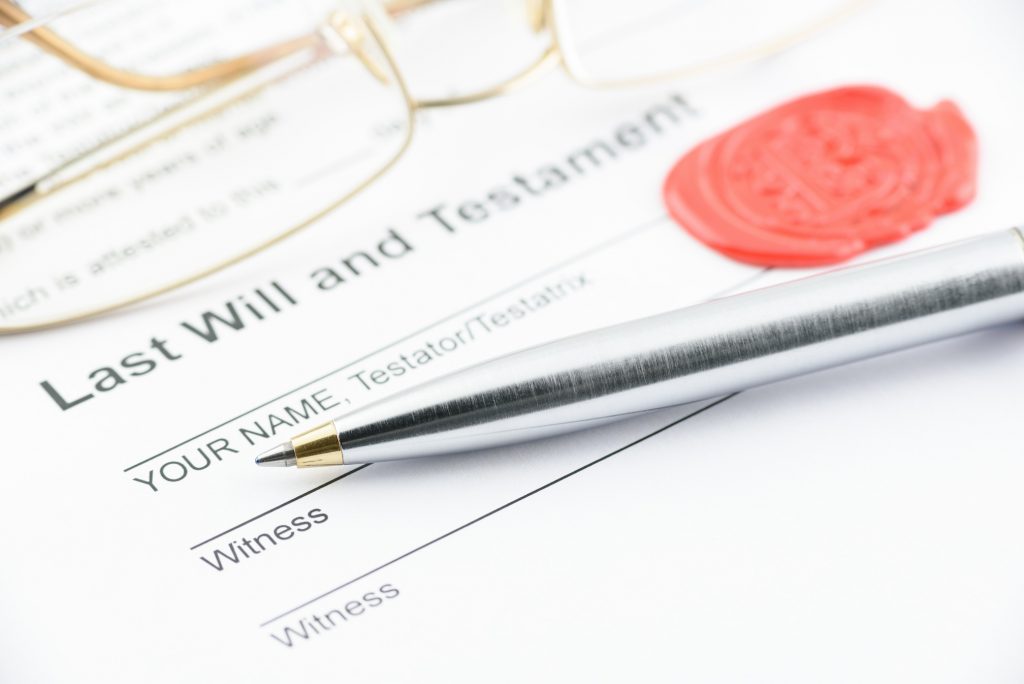In the age of the internet, many people are tempted to rely on template documents to do the job of experts [‘uzmanlar’]. It may be cheaper, but it doesn’t always pay to exclude the professionals, who can not only advise, but also devise bespoke documentation right for your specific circumstances.
T-VINE turns to Zahra Kanani, a lawyer from a leading southeast London law firm, for top tips on wills.
Zahra Kanani explains why it’s important to use a solicitor to write your Will
A Will is a legally binding document that sets out how you wish your assets to be distributed on your death. If you die without leaving a Will, the law steps in and decides how your assets are distributed, which may not be in line with your wishes. Increasingly people are relying on ’DIY Will kits’: whilst these may be appropriate and cost-effective if your circumstances are extremely simple, most people would be better advised to use a solicitor to prepare their Will, especially where the following circumstances exist:
- You have assets overseas, such as a holiday home.
- You run a business which you expect to form part of your estate.
- Your estate will have to pay Inheritance Tax, which is paid on estates valued at over £325,000 for an individual or up to £650,000 for a married couple (although the government introduced further allowances last year where you leave your residential property to children).
- Your family position is complicated – perhaps you have children with a previous partner, or you want to make special arrangements for children or a family member with a disability.
The law surrounding inheritance is complicated. Solicitors specialising in this area are highly trained and can assist you in making the most effective choices, as well as drafting your Will carefully to ensure all the Inheritance Tax allowances available to you are applied.
Using a solicitor minimises the risk of errors, for example using the wrong witnesses, which would mean the Will was invalid. Solicitors also offer added security by storing the original document for you in a fireproof safe, usually free of charge.
Finally, using a solicitor means you are protected by the Solicitors Regulation Authority if something goes wrong. If you have any problems and your complaint is not dealt with satisfactorily by your solicitors, you can also go to the Legal Ombudsman.
For further information, you can contact Zahra Kanani at Thackray Williams LLP, at thackraywilliams.com.





